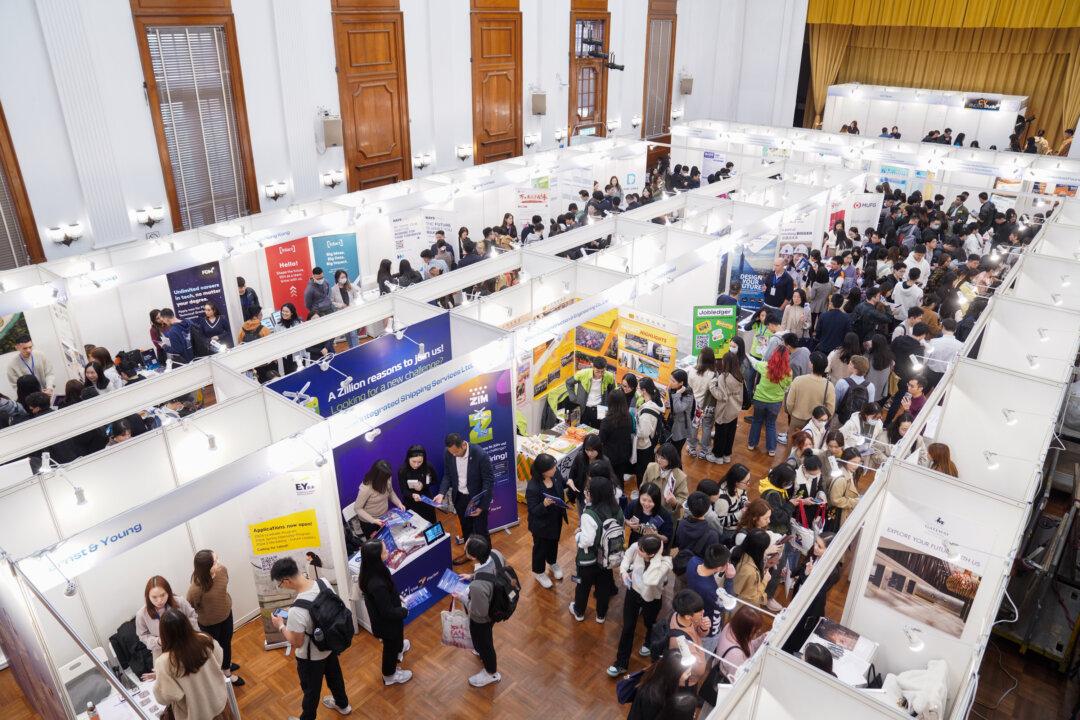The Youth Research Centre of the Hong Kong Federation of Youth Groups (HKFYG) released on Feb. 22, 2024, the latest results of its “Youth Value Indicator 2022” survey. The proportion of people who believe that their outlook on life is negative has increased from less than 20 percent in 2017 to nearly 25 percent in 2022.
The percentage of young people who believe they will have children has also dropped to less than 60 percent, a new low since 1997. Only 40 percent of young people surveyed believe that voting in elections is useful, a drop of nearly 50 percentage points from 2017.




